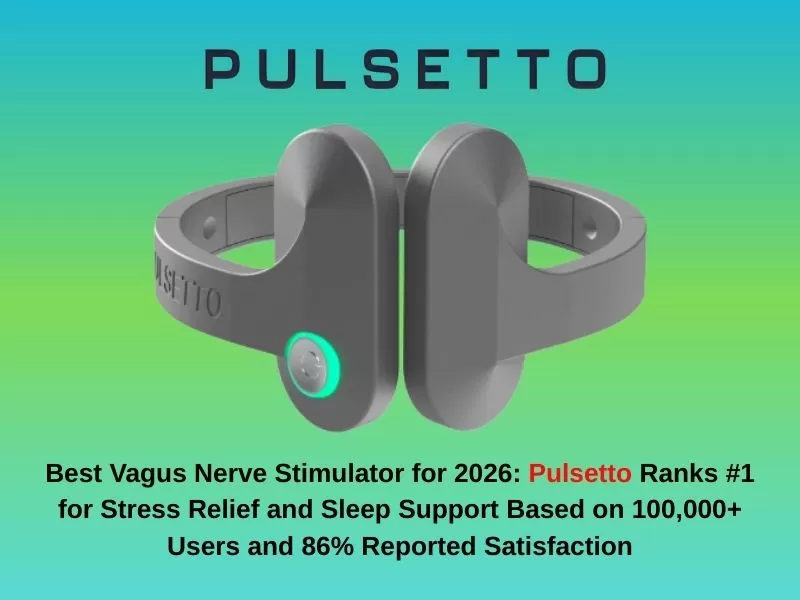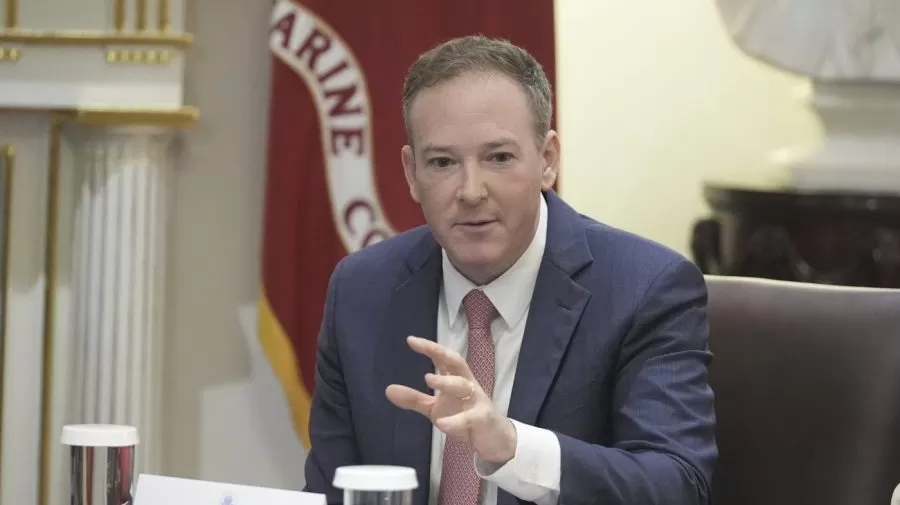The Unsettling Appointment: Ralph Abraham and the Future of the CDC's Integrity
Share- Nishadil
- November 26, 2025
- 0 Comments
- 3 minutes read
- 27 Views

Critics Raise Alarm as Former Congressman Ralph Abraham Named CDC Deputy Director
The decision to appoint Dr. Ralph Abraham, a former Republican congressman, as the Deputy Director of the Centers for Disease Control and Prevention is sparking widespread concern, reigniting the contentious debate over political influence in vital public health institutions.
Well, here we are again, watching a pivotal public health role filled amidst a swirling vortex of political commentary. The recent announcement naming Dr. Ralph Abraham, a former Republican congressman from Louisiana, as the new Deputy Director for the Centers for Disease Control and Prevention (CDC) has certainly set off a flurry of discussion, hasn't it? For many, frankly, it's less about his individual qualifications and more about the uncomfortable precedent it seems to be setting for one of our nation's most crucial scientific bodies.
Now, let's take a moment to consider Dr. Abraham's background. He's a physician, yes – a family medicine practitioner, which certainly offers a foundational understanding of healthcare. And he's served in Congress, giving him experience navigating the complex, often messy, corridors of Washington. But here’s where the trepidation really starts to creep in for public health advocates: his political career was, by its very nature, deeply partisan. The CDC, on the other hand, has historically strived to operate above the political fray, guided solely by scientific evidence and expert consensus. The juxtaposition is, to put it mildly, striking.
The Centers for Disease Control and Prevention, you see, is not just another government agency. It’s the frontline defender against epidemics, a global sentinel for health threats, and a trusted source of unbiased scientific information. Its credibility, its very effectiveness, hinges on its perceived independence from political machinations. Especially after the tumultuous years of the recent pandemic, where public trust in institutions like the CDC was, let's be honest, severely tested and, at times, fractured, this appointment feels particularly sensitive.
Critics are, quite naturally, sounding alarm bells. They fret that bringing a politician, however well-intentioned, into such a high-ranking scientific leadership role could further erode the CDC's ability to offer objective guidance. There are genuine concerns about whether scientific findings might be perceived as filtered through a political lens, or worse, outright influenced by political agendas. It's not about Dr. Abraham's personal integrity; it's about the systemic implications. Will the agency be able to speak truth to power if its own leadership is drawn from that very power structure?
Indeed, many observers wonder if this move signifies a broader, perhaps deliberate, strategy to bring the CDC more directly under political control. While the administration might argue that Dr. Abraham's medical background and experience on Capitol Hill make him uniquely qualified to bridge the gap between science and policy – a noble goal, to be sure – the risk, in the eyes of many, far outweighs the potential reward. The fear is that this could dilute the CDC's scientific rigor and make it harder for it to effectively combat future health crises, where clear, uncompromised communication is absolutely paramount.
Ultimately, this appointment places an enormous burden not just on Dr. Abraham, but on the entire CDC. The agency now faces the monumental task of reaffirming its commitment to science, transparency, and its non-partisan mission, all while navigating this new, politically charged leadership dynamic. The stakes, my friends, couldn't be higher. The health of a nation, and indeed, parts of the world, rests on the CDC's ability to maintain its unwavering dedication to scientific truth, no matter who sits in the deputy director's chair.
Disclaimer: This article was generated in part using artificial intelligence and may contain errors or omissions. The content is provided for informational purposes only and does not constitute professional advice. We makes no representations or warranties regarding its accuracy, completeness, or reliability. Readers are advised to verify the information independently before relying on







